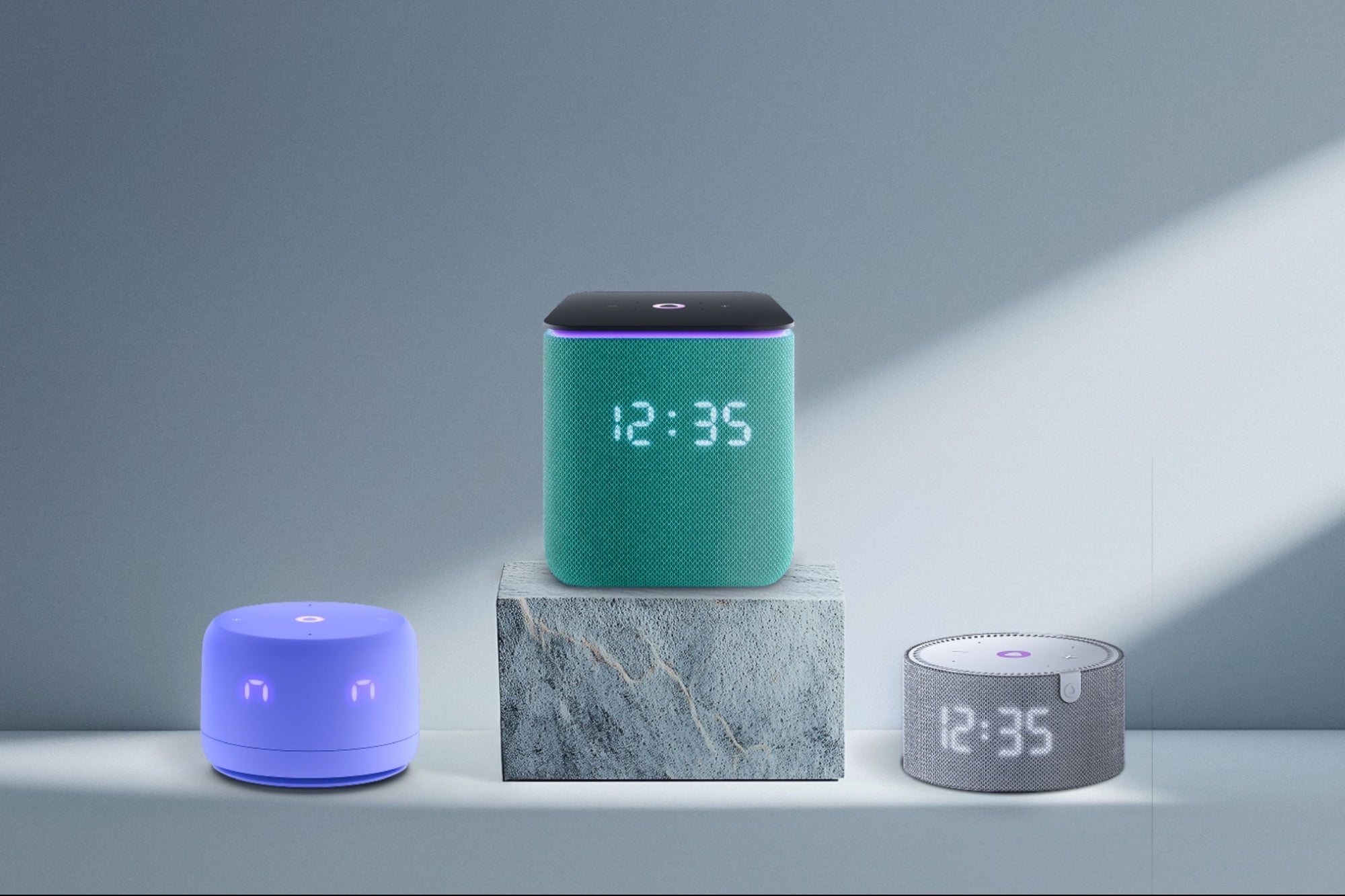MIT Lab Is Building A Self-Assembling Phone Move over Ikea, there's a new product on the assembly line.
You're reading BIZ Experiences Middle East, an international franchise of BIZ Experiences Media.

Move over Ikea, there's a new product on the assembly line. Developed from the MIT's Self-Assembly Lab, researchers led by Skylar Tibbits are experimenting on developing a working mobile phone that can assemble itself. Yes, all by itself. The phone is put together quite simply: the phone comes in six parts with a tumbler and unassembled components that will only lock itself with compatible parts (Fast Company). The parts are placed in the tumbler and shaken at an optimal speed until the parts lock together, all in under a minute.

Source: Self Assembly Lab MIT, Vimeo.com
The MIT Self Assembly Lab based its process on the similar way of how proteins work when cells are formed- and the team is trying to learn as much as it can from the biological ecosystem to apply concepts to its products. The idea for the phone comes from MIT professor David Mellis who proposed a DIY cell phone kit, open-sourcing instructions for a basic cell phone design with US$200 parts. Proposing a cheaper and easier alternative to high-cost consumer electronics, the team have been working on Mellis' phone, with Tibbits and his team developing prototypes for its parts to assemble itself since 2013, its concept low-budget and simple. All details can be optimized- with various tumbler speeds or more parts in the tumbler to assemble faster. The team hopes to scale it for mass production, as well as that the method can help reduce the cost of automated assembly.
Cell Phone Self-Assembly from Self-Assembly Lab, MIT on Vimeo.
It's not the team's first foray to experimental manufacture: in 2011, Tibbits set up a team to conduct research with 4D printing and has received funding from Defense Advanced Research Projects Agency (DARPA) to conduct experiments with materials that can assemble itself. So far, they've come up with a self-constructing Ikea table, self-replicating spheres, and in à la Back To The Future, self-lacing sneakers. An exciting aspect of it is how other blocks can be mixed in the tumbler for different functions as well, perhaps even taking Google's Project Ara phones. It's just the start, and we can't wait for more.
Related: More Than Just Skin Art: MIT's Temporary Tattoo Would Let You Control Your Smartphone













